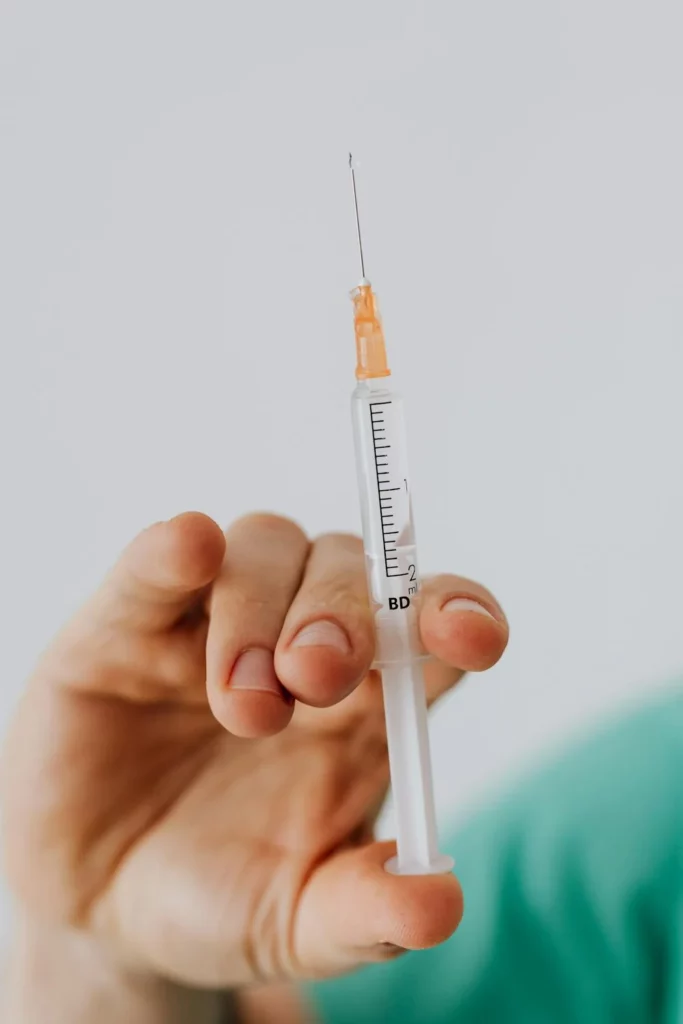A recent study to be presented at Digestive Disease Week (DDW) 2025 reveals alarming raise of people diagnosed with anal cancer.
Anal cancer is a rare type of cancer that affects the anus, as explained by NHS.
It can start at any part of the anus, which is where the bowel connects to the outside of the body.
Some common symptoms of this type of cancer include bleeding from your bottom, itching and pain around the anus, lumps around and inside the bottom, discharge of mucus, and bowel issues.
This form of cancer can easily be mistaken for haemorrhoids or anal fissures, which are less serious conditions.
According to the study, a particular profile of people is most vulnerable to anal cancer.
“Rates of anal cancer are rising fastest among white and Hispanic women over 65 — groups not traditionally considered high risk,” said lead author Ashley Robinson, MD, a second-year internal medicine resident at Advocate Lutheran General Hospital.
This cancer is usually caused by an infection called human papillomavirus (HPV).
“While the exact reasons behind this trend remain unclear, most older women were beyond the recommended age for human papillomavirus vaccination when it first became widely available,” Robinson explained.
HPV vaccine reduces the chances of getting human papillomavirus (HPV), which is a common virus that’s spread through skin contact (usually when having sex).
This vaccine is offered to children aged 12 to 13 years old, as well as to those aged over 25 who missed their vaccination.
“It’s crucial that we promote HPV vaccination as a key tool for preventing anal cancer, while also keeping health care providers informed as screening guidelines evolve,” Dr. Robinson said. “These findings highlight specific patient groups who may benefit from targeted screening for anal HPV and anal cancer.”

The study in question, conducted between 2017 and 2021, revealed anal cancer increased by 2.9% for women and 1.6% for men. The increase is highest in white women aged over 65 – 4,43%. The second group that saw increase during the five-year study period are Hispanic women in the same age group with an increase of 1.7%.
Cancer Research UK states that there is no national screening program for this type of cancer because there is no test that can detect it at its early stage.
Please SHARE this article with your family and friends on Facebook.
Bored Daddy
Love and Peace


